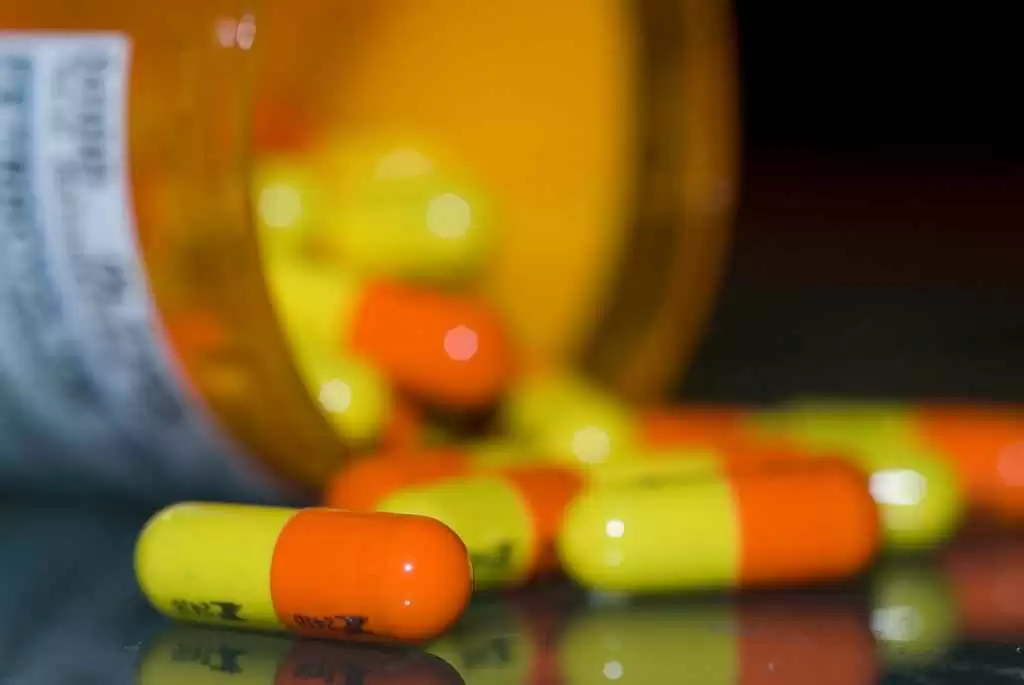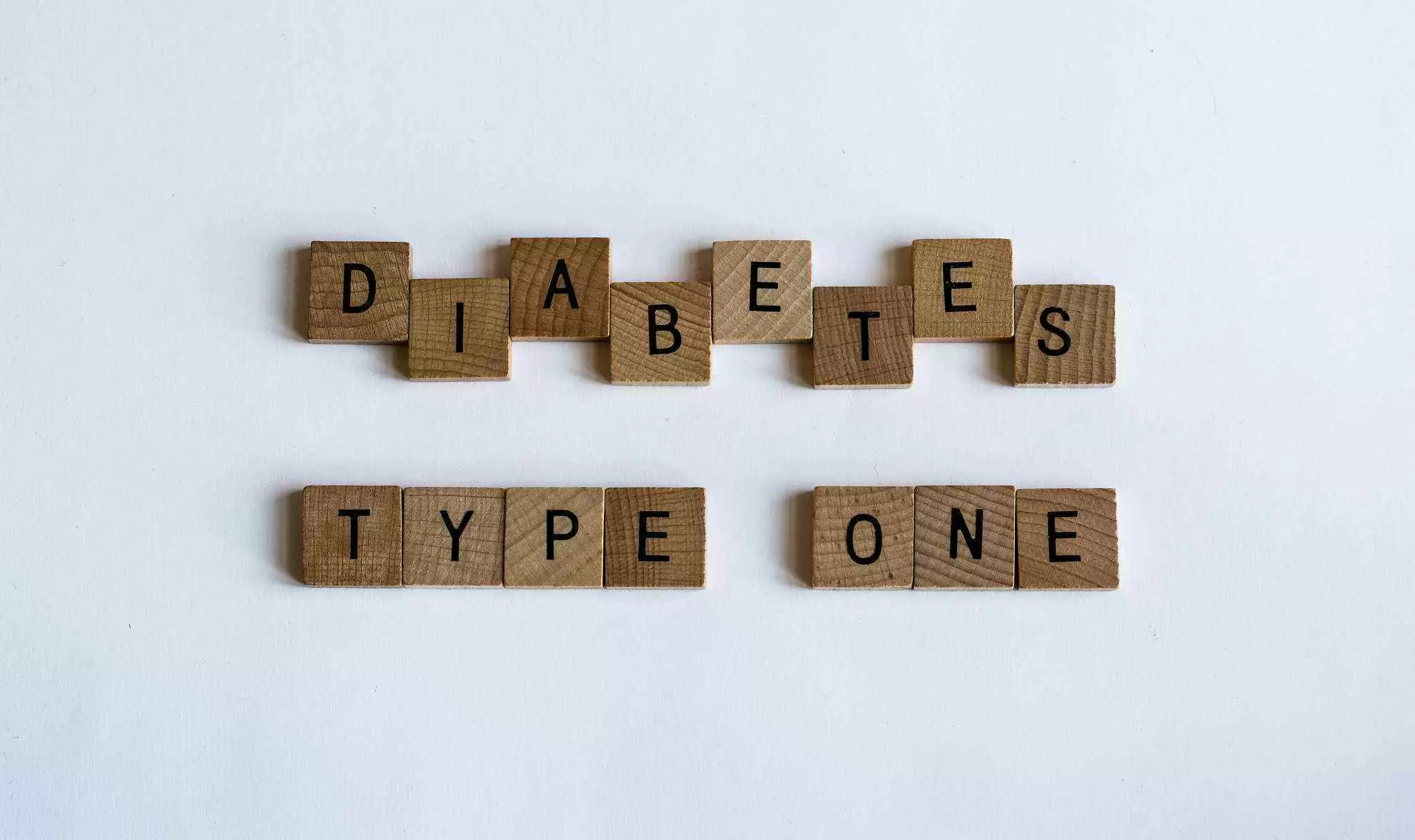
Celiac.com 11/07/2017 - Researchers still don't have much good data on the consequences of antibiotic use in early life and how that relates to the risk of certain autoimmune diseases.
A team of researchers recently set out to test the association between early-life antibiotic use and islet or celiac disease autoimmunity in genetically at-risk children prospectively followed up for type 1 diabetes (T1D) or celiac disease. Their study is part of a larger study called The Environmental Determinants of Diabetes in the Young, or TEDDY, for short.
Celiac.com Sponsor (A12):
The reasearch team enrolled HLA-genotyped newborns from Finland, Germany, Sweden, and the United States between November 20, 2004, and July 8, 2010, and analyzed data from November 20, 2004, to August 31, 2014.
They also enrolled individuals from the general population, and those having a first-degree relative with T1D, with any 1 of 9 HLA genotypes associated with a risk for T1D. The team charted parental reports of the most common antibiotics, such as cephalosporins, penicillins, and macrolides, used between age 3 months and age 4 years.
Islet autoimmunity and celiac disease autoimmunity were defined as being positive for islet or tissue transglutaminase autoantibodies at 2 consecutive clinic visits at least 3 months apart. The team used Cox proportional hazards regression models to assess the relationship between antibiotic use in early life before seroconversion and the development of autoimmunity, and to calculate hazard ratios and 95% CIs.
The team conducted tests for islet and tissue transglutaminase autoantibodies on 8,495 children (49.0% female), and 6,558 children (48.7% female) who were enrolled in the TEDDY study, and they found that antibiotic exposure and frequency of use in early life or before seroconversion did not influence the risk of developing islet autoimmunity or celiac disease autoimmunity.
Additionally, cumulative use of any antibiotic during the first 4 years of life was not tied to the appearance of any autoantibody (hazard ratio
, 0.98; 95% CI, 0.95-1.01), multiple islet autoantibodies (HR, 0.99; 95% CI, 0.95-1.03), or the transglutaminase autoantibody (HR, 1.00; 95% CI, 0.98-1.02).
Using any of the most common antibiotics during the first 4 years of life, in any geographic region, did not influence the later development of autoimmunity for T1D or celiac disease.
Based on these results, the team concluded that doctors recommending antibiotics for young children at risk for T1D or celiac disease need not be concerned that the use will lead to islet or tissue transglutaminase autoimmunity.
Source:
The research team included Kaisa M. Kemppainen, PhD; Kendra Vehik, PhD; Kristian F. Lynch, PhD; Helena Elding Larsson, MD, PhD; Ronald J. Canepa, BSc; Ville Simell, MSc; Sibylle Koletzko, MD, PhD; Edwin Liu, MD; Olli G. Simell, MD, PhD; Jorma Toppari, MD, PhD; Anette G. Ziegler, MD, PhD; Marian J. Rewers, MD, PhD; Åke Lernmark, PhD; William A. Hagopian, MD, PhD; Jin-Xiong She, PhD; Beena Akolkar, PhD; Desmond A. Schatz, MD; Mark A. Atkinson, PhD; Martin J. Blaser, MD; Jeffrey P. Krischer, PhD; Heikki Hyöty, MD, PhD; Daniel Agardh, MD, PhD; and Eric W. Triplett, PhD; for The Environmental Determinants of Diabetes in the Young (TEDDY) Study Group.
They are variously affiliated with the Department of Microbiology and Cell Science, Institute of Food and Agricultural Sciences, University of Florida, Gainesville; the Health Informatics Institute, Morsani College of Medicine, University of South Florida, Tampa; the Department of Clinical Sciences, Lund University Clinical Research Center, Skåne University Hospital, Malmö, Sweden; the MediCity Laboratory, University of Turku, Turku, Finland; the Division of Paediatric Gastroenterology and Hepatology, Dr von Hauner Children's Hospital, Ludwig Maximilian University, München, Germany; the Digestive Health Institute, Children's Hospital Colorado, Anschutz Medical Campus, University of Colorado Denver, Aurora; the Research Centre of Applied and Preventive Cardiovascular Medicine, University of Turku, Turku, Finland; the Department of Pediatrics, University of Turku, Turku University Hospital, Turku, Finland; the Department of Physiology, Institute of Biomedicine, University of Turku, Turku, Finland Institute of Diabetes Research, Helmholtz Zentrum München, München, Germany; the Klinikum Rechts der Isar, Technische Universität München, München, Germany; the Forschergruppe Diabetes e.V., Neuherberg, Germany; the Barbara Davis Center for Childhood Diabetes, University of Colorado Denver, Aurora; the Pacific Northwest Diabetes Research Institute, Seattle, Washington; the Center for Biotechnology and Genomic Medicine, Medical College of Georgia, Augusta University, Augusta National Institute of Diabetes and Digestive and Kidney Diseases, Bethesda, Maryland; the Department of Pediatrics, College of Medicine, University of Florida, Gainesville; the Department of Pathology, Immunology, and Laboratory Medicine, College of Medicine, University of Florida, Gainesville; the Department of Medicine and Microbiology, New York School of Medicine, New York; the Department of Virology, Faculty of Medicine and Life Sciences, University of Tampere, Tampere, Finland; and with Fimlab Laboratories, Pirkanmaa Hospital District, Tampere, Finland.







Recommended Comments
Create an account or sign in to comment
You need to be a member in order to leave a comment
Create an account
Sign up for a new account in our community. It's easy!
Register a new accountSign in
Already have an account? Sign in here.
Sign In Now